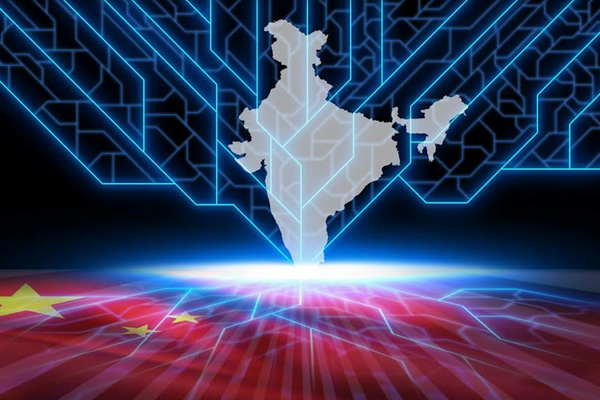
As China clamps down on tech, what can digital-friendly India do to absorb potential new capital flows!
Chinas crackdown on the technology sector came at an opportune time for
countries aiming to become a major tech hub. In the case of India,
which has been on a trajectory towards becoming a digital-first nation,
the potential new capital influx could be the shot in the arm the
country needs to become a major player in the global tech space.
India needs to capitalize its digital potential, especially for gaming
With
China clamping down on many tech verticals and imposing sweeping
changes to the industry, investors have started looking for other
locations—at least until Chinas regulatory picture clears up. This
presents a great opportunity for India, which is considered to be the
world’s second largest digital market after China.
Consumers in India
are spending more time on their mobile devices. Government figures
showed that there are 760 million Internet users in the country and out
of that number, an estimated 365 million online players use their mobile
phones to get in touch with their games. An ENV Media report on Indias richest cities and large online gambling
communities expects total
internet users across all platforms and devices to reach 560 million
currently and is forecast to reach 650 million by 2023.
To fully
capitalize on this potential, the country needs to address several key areas: there’s the customer mindset, which is used to low prices; the
country also lacks a good track record of successful IPO exits; digital
businesses have poor physical infrastructures in India; and lastly, the
country still suffers from regulatory uncertainties.
Regulation is a
key aspect for many industries and investors too. Take online gaming as
an example. Although its still relatively in nascent stages, India has a
rapidly growing online casino market as more and more young, tech-savvy
players use their mobile days to play blackjack
online and many other
casual entertainment games as part of their daily activities, especially
amid the coronavirus pandemic.
India regulations need to keep up with digital times too
The
ENV Media report sums up the current landscape of online gaming,
noting, “For many urban young middle class Indians – but not limited to
them by any means! – socializing via online gaming is becoming a “new
normal”. Until recently an innovative trait of online gaming, this has
become as important in urban settings as the game itself. Whether in
enforced isolation or merely away from friends and family, players
respond positively to the opportunity to indulge in competition even
with complete strangers.”
Outdated laws, however, are dampening the
growth created by the online
casino market. The state of Karnataka is
seeking to outlaw all forms of wagering, betting and gambling, except
for lottery and horse racing; while Tamil Nadu has attempted to shut
down online gaming in the state, but it was struck down by the Madras
High Court.
Outside of gaming, the government has also yet to enact
laws that address data protection even as it insists that user data must
be held locally. Stakeholders are also up in arms against some recently
promulgated set of laws targeting information technology and digital
media, which pave the way for heavy restrictions for companies as they
comply with the government’s content takedown requests.
What the
country needs is a set of uniform regulations that will cover the
ever-changing tech landscape. By regulating the gambling market, the
government guarantees consumer protection, which can ultimately lead to
great things for the country as investments will start pouring in. There
are lessons to be learned from China’s tech crackdown, one of which is
that having clear and firm formal guidelines will help India improve its
business climate and bring benefits to the countrys economy.
# 5 घरेलू उपचार,पुरूषों के बाल झडना बंद






